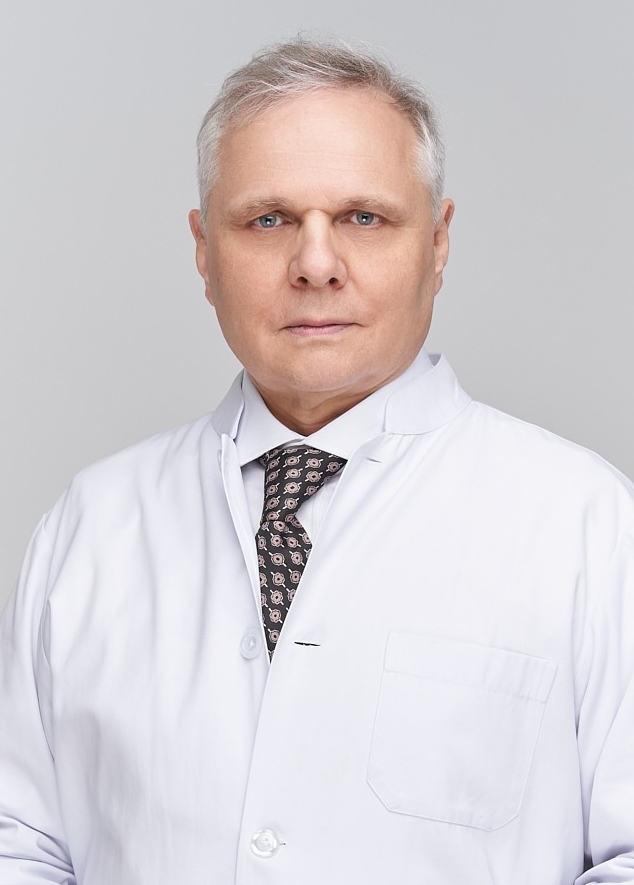
Post-traumatic stress disorder, or PTSD, is a mental health condition that develops after a person has experienced or witnessed an extremely distressing or life-threatening event. These events are called traumas and can include violent crimes, severe accidents, emotional or physical abuse, natural disasters, terrorist attacks, or experiences of war. During such situations, individuals often feel powerless, terrified, or overwhelmed by fear. PTSD is different from normal stress because it arises when the mind is unable to process or recover from the traumatic event.
For Treatment of PTSD Contact Our Specialists:
Call CHMCTrauma and Its Impact
A trauma can happen in a single moment, like a car accident, or can build over time, such as in the case of repeated abuse or exposure to combat. What makes trauma significant is not just the event itself but the individual’s sense of helplessness and inability to control or escape the situation. When the brain is unable to process what happened, the memory of the event stays “stuck,” creating emotional and physical reactions long after the danger has passed.
How PTSD Affects the Mind and Body
The hallmark of PTSD is the involuntary reliving of the trauma. This can come in the form of sudden visual images, intrusive thoughts, or vivid nightmares. These episodes are often referred to as flashbacks. A person may feel as if they are experiencing the trauma all over again, with the same panic, fear, and physical sensations. These symptoms can be frightening, exhausting, and unpredictable, often triggered by sounds, places, or people that remind the person of the event.
Avoidance and Emotional Numbness
To cope with these disturbing memories, many people try to avoid anything that reminds them of the trauma. This can include staying away from certain places, avoiding conversations, or refusing to watch films or read content related to similar events. Over time, this avoidance can cause a person to withdraw emotionally, create distance from friends and family, and lose interest in hobbies or activities they once enjoyed. This emotional numbness often leads to isolation and loneliness, deepening the mental burden.
Hyperarousal and Constant Alertness
People with PTSD often feel as if they are always in danger. Even in safe situations, their body reacts as if the trauma might happen again. This state of constant alertness is called hyperarousal. Symptoms include trouble sleeping, irritability, difficulty concentrating, exaggerated startle responses, and hypervigilance. Many describe it as being “on edge” all the time. This heightened state of awareness drains mental energy and places enormous stress on the body.
How Common Is PTSD?
Trauma is more common than many people realize. Studies suggest that more than half of the population will experience at least one traumatic event in their lifetime. Yet, not everyone will develop PTSD. The risk is influenced by the type and severity of the trauma, the person’s support system, and their coping abilities. Those who experience violent, intentional harm, such as rape or torture, have a higher risk of developing PTSD compared to those experiencing natural disasters or accidents.
In general, about 10% of people exposed to trauma will go on to develop PTSD. Some estimates suggest that the worldwide lifetime risk of developing PTSD is close to 8%. Women are twice as likely as men to develop PTSD, possibly due to higher rates of exposure to certain types of trauma, such as sexual violence.
When Do PTSD Symptoms Appear?
PTSD symptoms can appear soon after the trauma, but in many cases, they take weeks, months, or even years to emerge. Some people may suppress or minimize their distress until a sudden reminder triggers overwhelming emotions. Veterans of war, for example, may not experience PTSD symptoms until long after returning home. Others may face delayed symptoms when facing a new stressor, such as retirement, illness, or loss.
Long-Term Effects of PTSD
Untreated PTSD can change a person’s quality of life. It can interfere with work, relationships, and overall daily functioning. Feelings of guilt, shame, or self-blame are common, especially if the person believes they could have prevented the event. Some people with PTSD may turn to alcohol or drugs to numb their pain, increasing the risk of addiction. Depression, anxiety disorders, and suicidal thoughts may also develop as a result.
PTSD can even worsen physical health. It may aggravate chronic pain, high blood pressure, heart disease, and digestive issues. The emotional strain can weaken the immune system, making the body more vulnerable to illness.
The Importance of Early Recognition and Support
The sooner PTSD is recognized, the sooner treatment can begin. Effective therapies, such as cognitive behavioral therapy (CBT), eye movement desensitization and reprocessing (EMDR), and trauma-focused psychotherapy, help people process their trauma and regain control of their lives. Medication may also be useful in managing symptoms, especially when combined with therapy.
Support from friends, family, and professionals plays a vital role. Compassionate listening, patience, and reassurance can help someone with PTSD feel understood and less alone.
What Is PTSD? Summary
PTSD is a serious condition that arises after traumatic experiences disrupt a person’s sense of safety and control. It affects the mind and body, altering the way people think, feel, and interact with the world. While trauma is common, developing PTSD is not inevitable. With early intervention and the right support, many can recover and rebuild a meaningful life.


